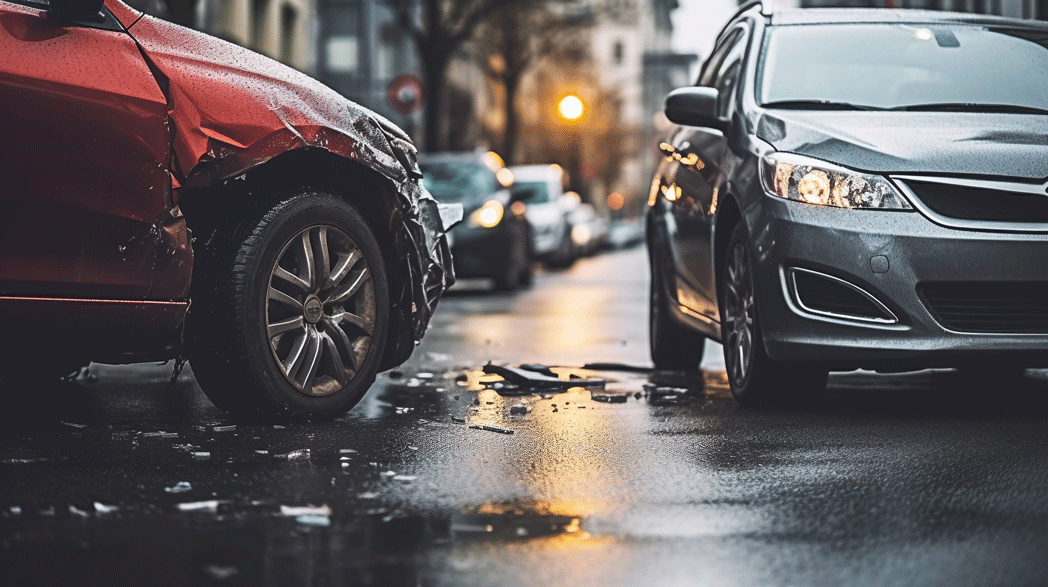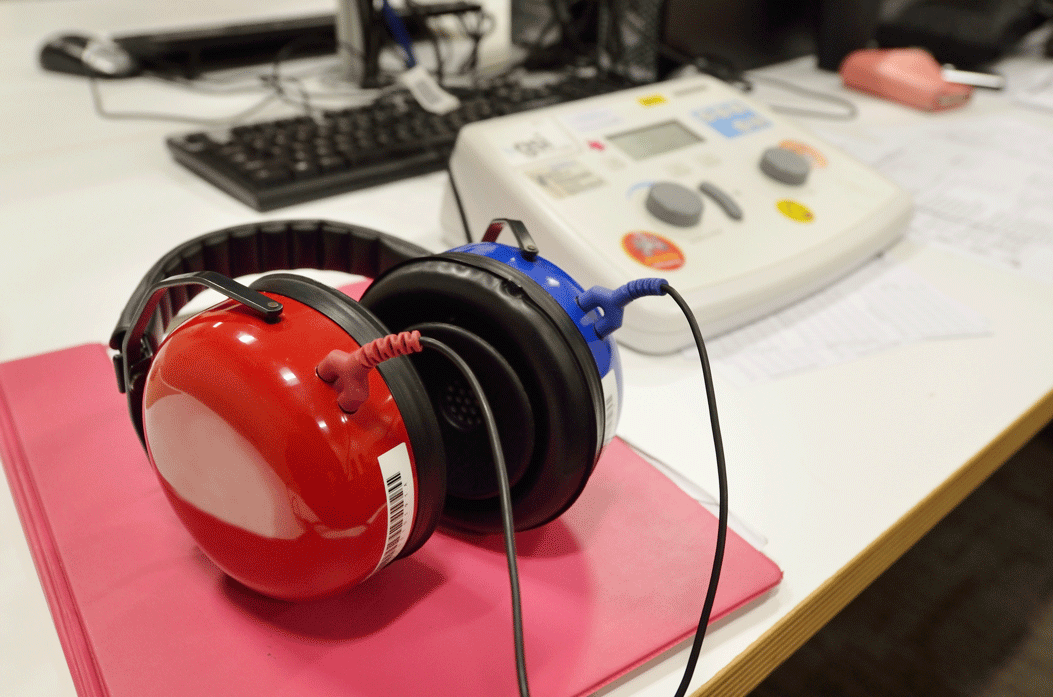
Experiencing hearing loss after an auto accident is a serious condition that requires immediate medical attention. It could indicate a severe injury, and delaying treatment may lead to permanent partial or total deafness or chronic tinnitus. Therefore, it is critical to seek medical help immediately to prevent any long-term damage.
Sudden hearing loss can result from a traumatic injury, such as a car accident. If you were injured in a motor vehicle accident, especially if your airbag deployed, you might notice muffled hearing, hearing loss, and/or ringing in the ear.
Auto accidents can cause hearing loss in various ways.
Head Trauma
In the event of an auto accident, sustaining a head injury can result in a traumatic brain injury (TBI). TBI is a structural injury and/or physiological disruption of brain function caused by an external force. Symptoms of TBI include loss of consciousness, memory loss of events surrounding the injury, disorientation, and confusion. Hearing loss is often associated with TBI cases, either because the traumatic injury damages the inner ear or because there is damage to the part of the brain that processes sound.
Airbag Deployment
Airbags are an essential safety feature in automobiles that can reduce the risk of death or severe injury in the event of an auto accident.
While airbags can prevent severe injuries, they can also cause less severe injuries, such as minor cuts, bruises, abrasions, and burns. One potential injury that can be caused by airbag deployment is damage to our ears due to the loud noise produced by the ignition and the speed at which the airbag deploys.

Exposure to noise at a level of 85dB or higher for a prolonged period can permanently damage our hearing. Airbags deploy with a “bang” of up to 178dB, considerably louder than the loudest human voice or a jet plane taking off beside you. However, the sound is present for only a fraction of a second, which limits the potential for hearing damage.
When you compare these with the level of decibels that can cause hearing loss, the problem becomes evident. Studies have shown that the pain threshold from noise is about 140 dB and that a single exposure to sound pressure of this level can cause permanent, severe hearing loss.
Symptoms of Hearing Loss Following a Car Accident
If you’ve been in a car accident, pay attention to see if you experience the following symptoms:
Some of these irreversible injuries include:
- Trouble differentiating voices from background noise
- Faint or foggy hearing
- Discomfort in the ears
- Pressure or fullness in the ears
- Dizziness or vertigo
Seeing a hearing expert is essential if you encounter any of these symptoms. Early treatment yields the best outcomes.

Importance of baseline testing
If you’re like most adults, your last hearing test was most likely in grade school. It is a good idea to check your hearing as an adult at least once during your annual physical.
This becomes your baseline test so that your audiologist can later compare your loss to your baseline if you suffer hearing loss. This will not only create a better picture of the severity of your loss but also allow you to be treated appropriately.
Things you should know about getting a baseline hearing test:
- Have a hearing test at least once in your adult life between the ages of 21 and 60. We recommend every few years alongside your annual physical.
- Your audiologist will give your test results as an audiogram, which will be reviewed with you. They will teach you how to interpret the results of your audiogram.
- In the event your audiogram indicates you have hearing loss, further hearing tests may be called for.
- If your audiologist determines your hearing loss is insignificant, you need not be tested again unless your symptoms change.
Getting Compensation for Ear Injuries and Hearing Loss
If you experience hearing loss due to an auto accident, you may be eligible to receive compensation in several states. This compensation can cover medical expenses, emotional distress, loss of earning ability, and other damages resulting from the hearing loss.
It is important to provide evidence to prove that the hearing loss you experienced was caused by the crash. This can be done by submitting medical records and statements from your doctor. It is also helpful to have a baseline hearing test to compare your hearing before and after the incident.
At Salem Audiology Clinic, we believe in the importance of baseline testing and periodic monitoring of your hearing. This helps to detect any sudden changes in your hearing and quantify the amount of change. Our audiologists can also provide testimony about the extent of your hearing loss, the necessary treatments, and the expected duration of the damage.
